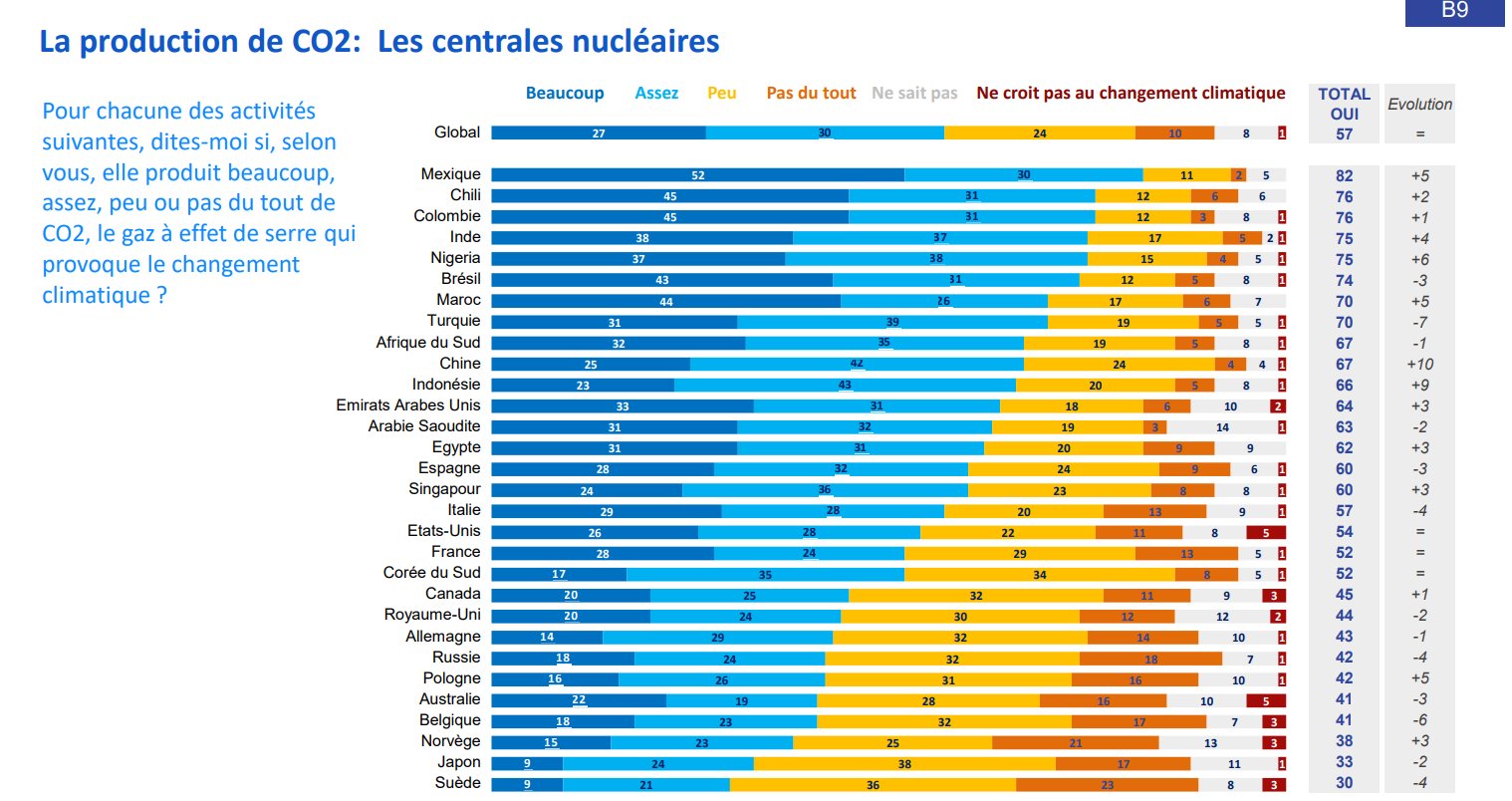I want to recommend a good piece at Conservative Tree House, which I read every day.
It is this post which connects a few dots.
This is where we need to keep the BRICS -vs- WEF dynamic in mind and consider that ideologically there is a conflict between the current agenda of the ‘western financial system’ (climate change) and the traditional energy developers. This conflict has been playing out not only in the energy sector, but also the dynamic of support for Russia (an OPEC+ member) against the western sanction regime. Ultimately supporting Russia’s battle against NATO encroachments.
The war in Ukraine, which probably would not have begun if Trump was president, led to a war of economic interests. The western democracies have invested their future in “climate change,” which used to be “global warming” before the failure to warm made that slogan obsolete. Climate change has evolved into a war on energy production. The Biden regime now has even gone after gas stoves. Since I just bought one, I have an interest. Now, they seem to be going after washing machines. Ours has failed recently so I had better be quick to replace it.
The recent Credit Suisse bank crisis is complicated by the refusal of its largest shareholder, the Saudis, to help with a bail out. Why would this be ? This brings up the topic of BRICS. This is a new financial combination made up of Russia, China, Brazil, India and South Africa.

